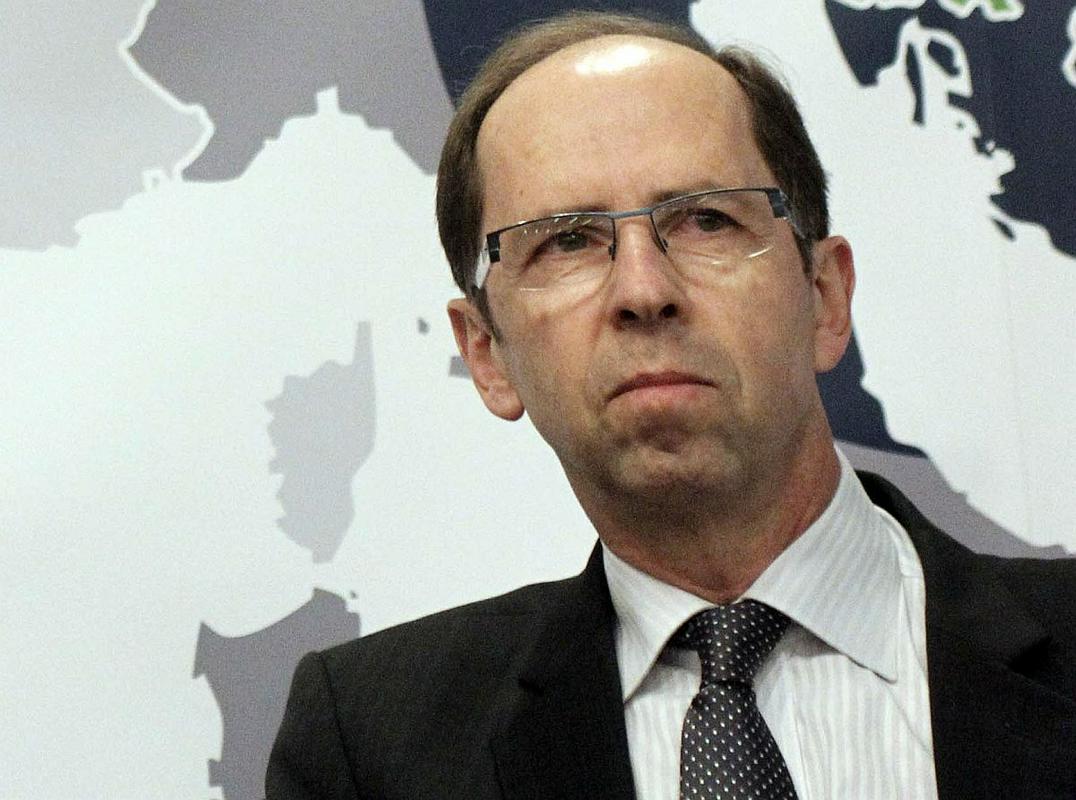
But he will also have to decide when the country heads abroad in search of new billions of euros. Slovenia won’t be able to cover its costs without borrowing more money. The increase in exports and profits from the sale of state assets are too little to quench the thirst for fresh billions.
A few months ago Dušan Mramor said the matter of taking out new loans was one of the most burning economic issues in the country. He will now have to tackle that issue himself. But he will have more time and room for maneuver than his predecessor, outgoing minister Uroš Čufer. After recapitalizing the banks Čufer saw that Slovenia entered 2014 with two and a half billion euros on its account. After that the country issued dollar bonds and euro bonds on the foreign market, and together with the frequent issuing of treasury bills on the domestic market the country indebted itself for a good 5,5 billion euros. This year's state obligations are estimated at exactly that: 5,5 billion. From that around 1 billion is planned to be used for covering the deficit, while the rest will be used for paying back old loans.
Even if Slovenia does pull off this year's financial year, by mid 2015, the latest, there will certainly be a shortage of funds, especially when the country's loan obligations increase. So the question of more borrowing is only a question of time. But now is probably the right time to do it. Ever since the European Central Bank additionally lowered the price of money and announced non-standard measures, the expected government bond yields have been lowered. Slovenia's 10-year bond stands at around 2,6 %, its 5-year bond at 1,7 %. That means favourable debt market conditions.
Those that follow the money market think it would be wise if the country's new finance minister took out at least some of the planned loans as soon as possible, surely by the end of the year, to avoid the pressure of the 2015 principal repayment worth billions of euros. At the moment European banks, which have a surplus of financial means and are deterred from making deposits at the European Central Bank due to negative interest rates, are ready to invest in government bonds. Slovenia has an opportunity to take advantage of that situation.
According to current budget plans, around 3 billion euros, or even more, will be needed for next year.
Maja Derčar, Radio Slovenija; translated by K. J.

































































